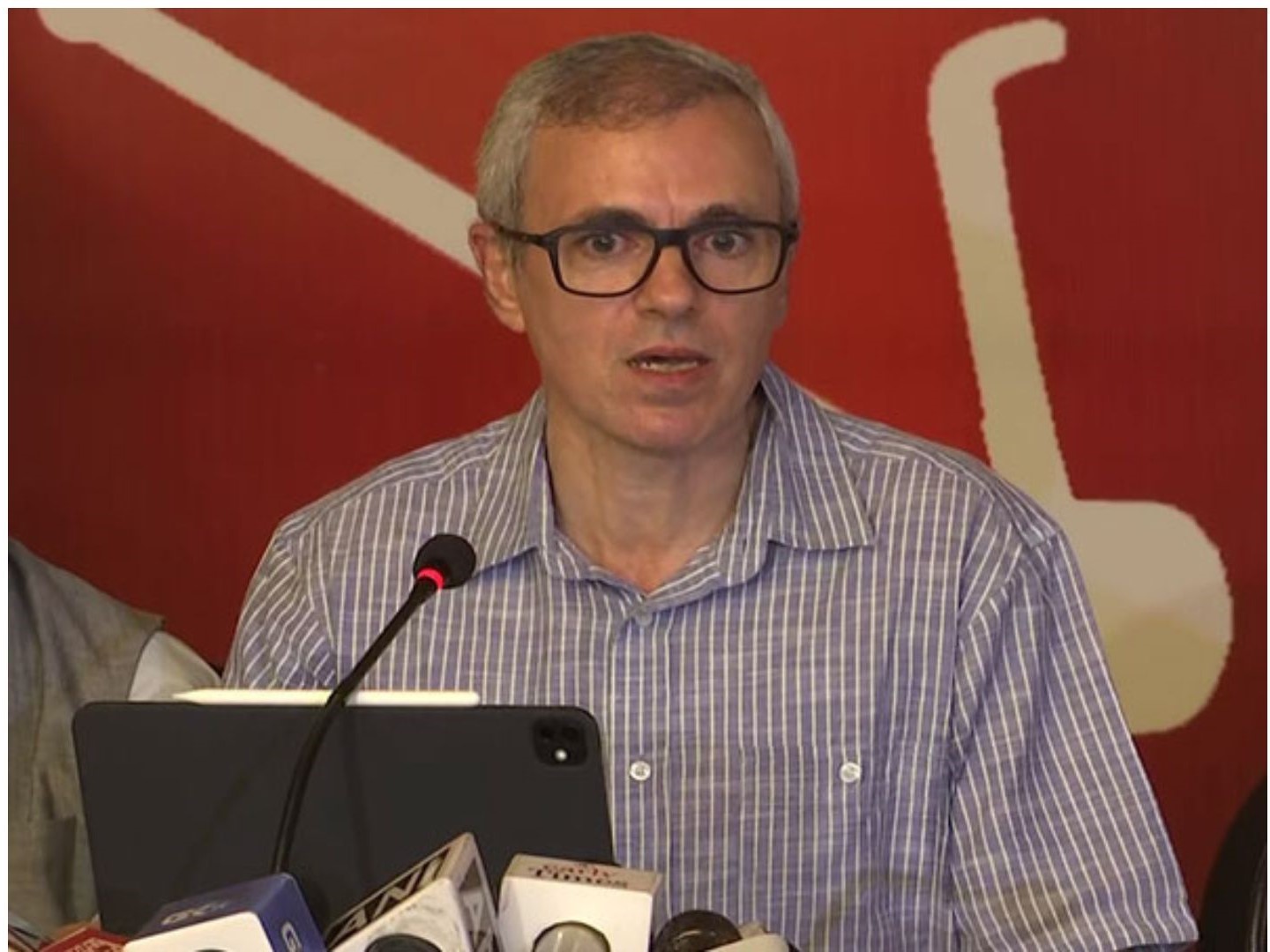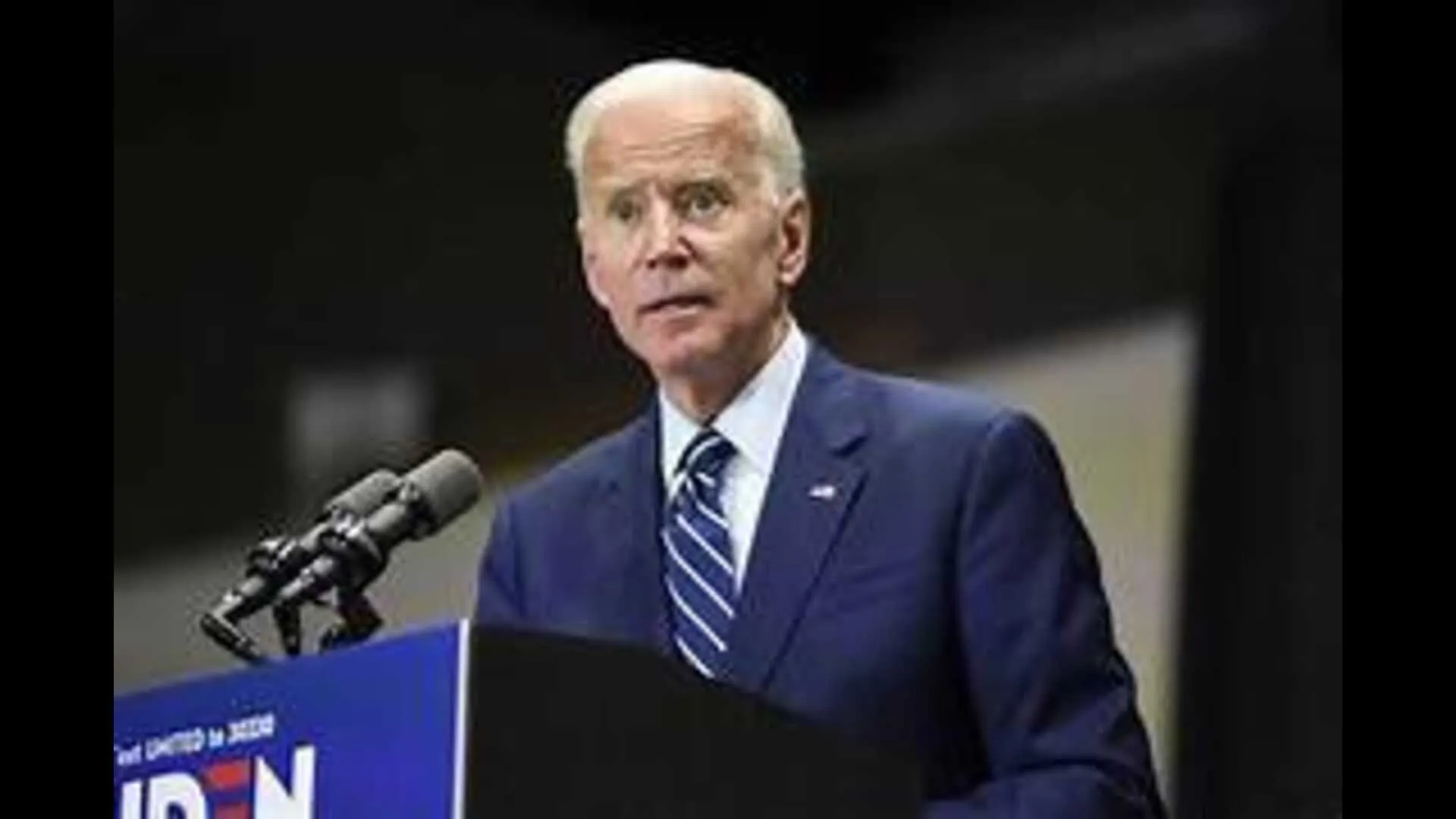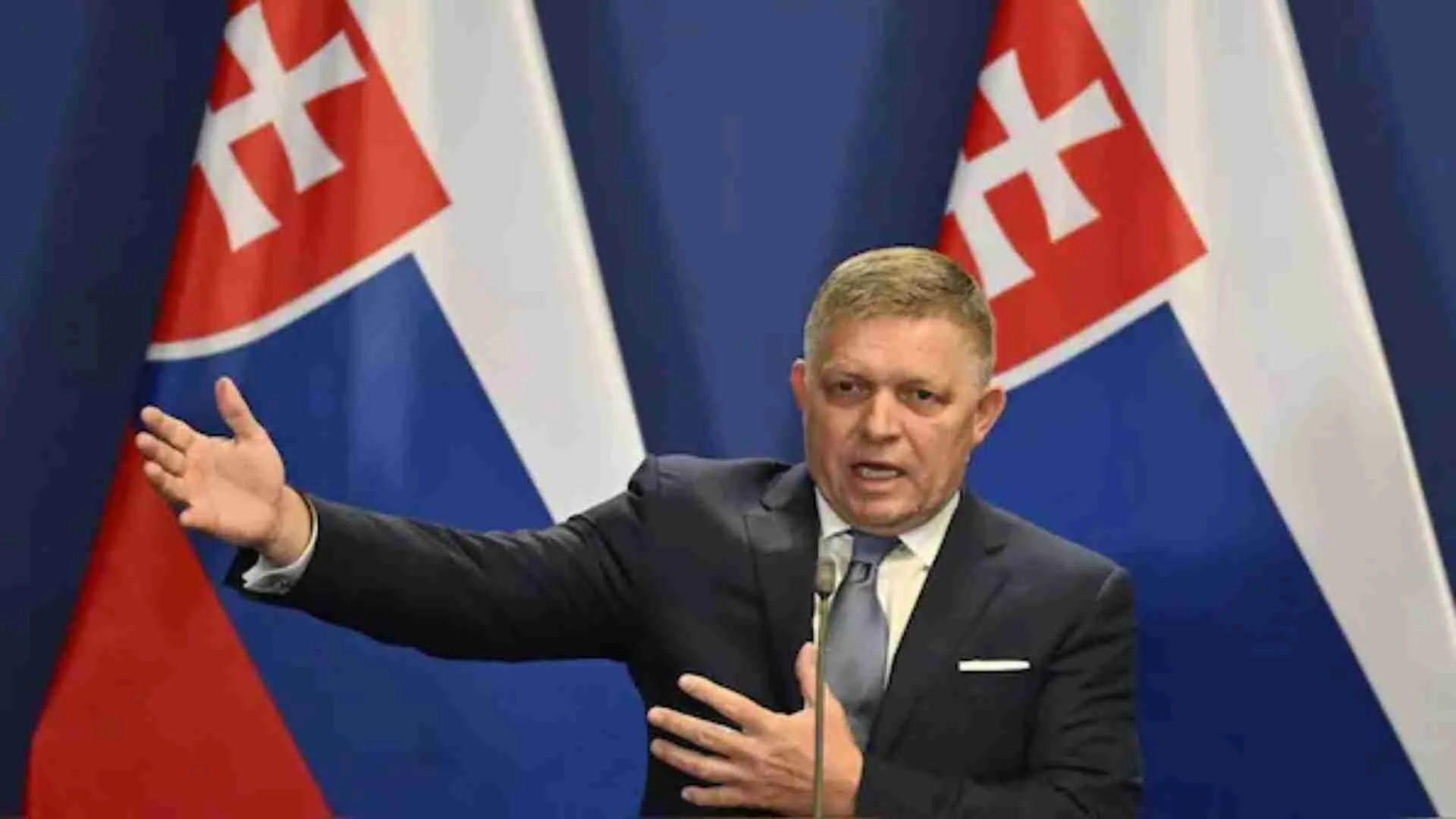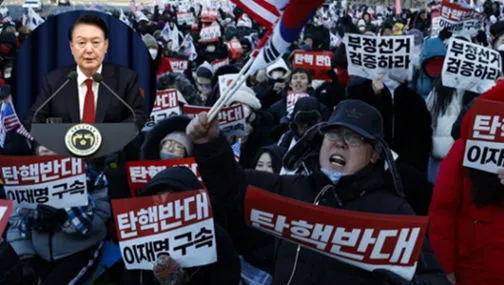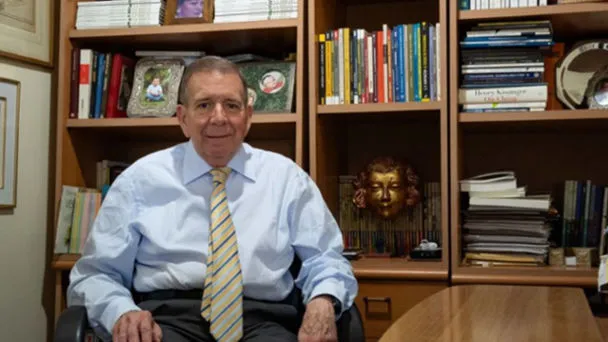On Monday, National Conference (NC) Vice-President Omar Abdullah unveiled the party’s manifesto for the upcoming assembly elections in Jammu and Kashmir during a release event in Srinagar. The manifesto outlines a comprehensive set of promises and guarantees aimed at addressing various political, social, and economic issues in the region.
Among the 12 key promises, the National Conference has committed to the restoration of Article 370 and Article 35A, which had granted special autonomy to Jammu and Kashmir before being abrogated in 2019. The party also vowed to repeal the Public Safety Act (PSA), release political prisoners, and initiate a redrawing of the Jammu and Kashmir Reorganization Act. Additionally, the NC promises to restore dialogue between India and Pakistan to address broader regional issues.
The manifesto includes several measures aimed at improving the lives of residents in Jammu and Kashmir. These include creating 100,000 new jobs, providing 12 free cylinders per year to families in the Economically Weaker Section (EWS), and offering free public transport for women. The party also pledged to facilitate the dignified return of Kashmiri Pandits and streamline the process for obtaining passports while addressing the “unnecessary harassment” of people on highways.
Specific guarantees in the manifesto are as follows:
Restoration of Article 370 and 35A: This includes the redrawing of the Jammu and Kashmir Reorganization Act and ensuring the release of political prisoners.
Repeal of the Public Safety Act (PSA).
Creation of Jobs: Aimed at generating employment opportunities in the region.
Utility Services: Addressing electricity and drinking water issues, including providing 200 units of free electricity.
Social Welfare: A monthly stipend of ₹5,000 for poor women, 12 free gas cylinders per year for EWS families.
Drug Addiction: Initiatives to combat drug addiction.
Agriculture and Horticulture: A comprehensive program to promote these sectors.
Healthcare: Strengthening health infrastructure, establishing a medical trust with free insurance coverage of ₹5,00,000 per annum for terminal illnesses.
Decongestion: Special measures to reduce congestion in Srinagar and Jammu cities.
Further commitments include free education for all females up to university level and all males up to college level. The manifesto also promises the passage of the J&K Youth Employment Generation Act within three months if the NC comes to power, enhanced marriage assistance, increased medical allowances for pensioners from ₹300 to ₹1,000, the establishment of a Minority Commission, and strengthening the Public Distribution System (PDS).
In the realm of tourism, the NC intends to grant industry status to the sector and explore new tourist destinations in the Pir Panjal and Chenab regions. For industry, the party promises to establish industrial parks and special economic zones to attract genuine investment. On mining, the NC pledges to responsibly mine recently discovered lithium deposits and enforce payment of royalties for previously extracted resources in line with a recent Supreme Court ruling.
The manifesto was drafted by a committee led by former Jammu and Kashmir Finance Minister Abdul Rahim Rather, alongside other senior leaders including the party’s Srinagar MP Aga Syed Ruhullah Mehdi. The National Conference had solicited public suggestions for the manifesto, which were reviewed and incorporated into the final document.

